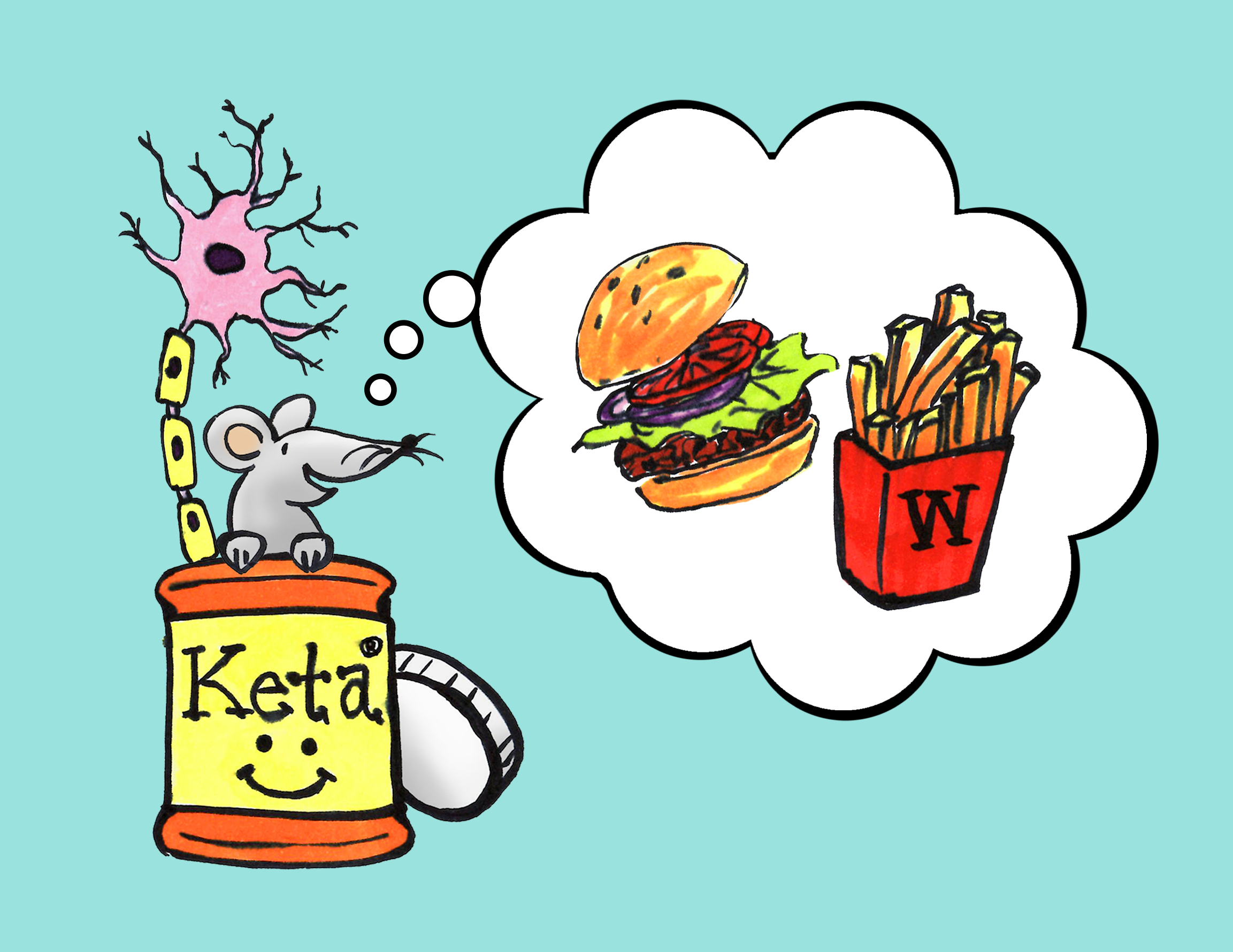
In a recent study, the drug ketamine has proven to reduce symptoms of chronic depression.
Several Yale School of Medicine researchers, including postdoctoral associate in psychiatry Sophie Dutheil and psychiatry professor Ronald Duman, began by examining the effects of high-fat diets on laboratory rats. The team then analyzed the potential that ketamine, also known as Special K and sometimes used as a recreational drug, has to reverse the symptoms of high-fat-diets, which often include anxiety and depressive behavior. Their research — supported by Yale, the Connecticut Mental Health Center and American global pharmaceutical corporation Eli Lilly and Company — has also identified specific pathways that trigger depressive behaviors, along with prospective new therapeutic techniques for those suffering from these types of illnesses. According to a Yale press release, ketamine activates a pathway responsible for creation of synaptic connections which become damaged by stress and depression. This same pathway is also involved with cell metabolism, meaning that people at a higher risk for metabolic diseases such as Type 2 diabetes also have a higher risk for depression.
“The motivation for this study was to find the cure for Type 2 diabetes and depression,” Dutheil said.
High-fat diets — ones which prominently feature processed foods rich in saturated fats — have resulted in growing levels of obesity across Western countries, including the United States. This epidemic has led to numerous “health complications and excessive economic costs,” according to the paper.
Duman and Dutheil’s research has lasted a total of three years since they began experimentation. Duman explained that the study was a challenge due to the overall originality of their research. The team needed to test the amount of time necessary for the rats to eat fattening foods and produce symptoms of depression. They discovered that a 16-week process worked the best, Duman added.
The study found that, after four months on the high fat diet of six times the normal amount of fat, pathways involved with both synaptic plasticity and metabolism were disrupted, and the rats exhibited signs of depression and anxiety. But after a single, small dose of ketamine, many of these symptoms were reversed.
But although Dutheil found ketamine effective in reversing the symptoms of depression, the drug also has some small, negative side effects including hallucinations and motor effects such as slurring of speech. She explained that for commercial use, it may make sense to find another drug.
“I think the main point of the study is understanding the mechanisms that contribute to depression,” Yale School of Medicine professor Gerard Sanacora said. “The fact that ketamine can reverse it is just a model.”
According to the study, the results open new avenues to understanding the connections between nutrition, insulin dysfunction, inflammation and psychiatric behavioral disorders.
Gerard noted that the more interesting effects were on the neuroinflammatory process. Despite the significant findings, Duman underscored that the study was a piece of a larger puzzle aimed at eradicating depression.
The animal use of male Sprague Dawley rats weighing 200 to 230 grams at the beginning of the HFD administration was approved by the Yale Institutional Animal Care and Use Committee.







